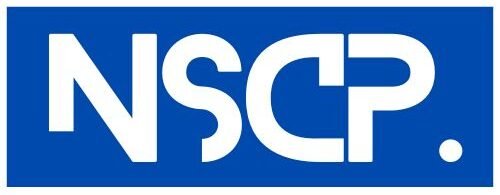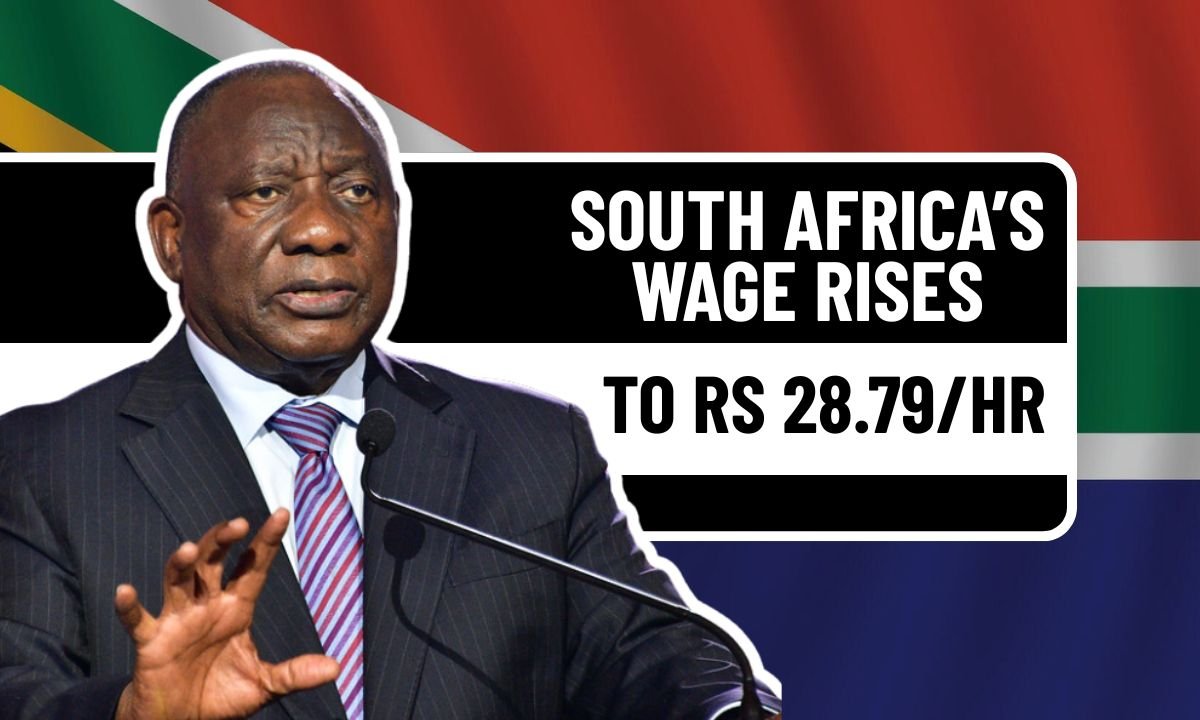South Africa’s workers are beginning the new financial year with a modest but meaningful change in their paycheques. As of April 1, 2025, the National Minimum Wage (NMW) has officially increased to R28.79 per hour. This announcement by the Department of Employment and Labour is part of the government’s broader commitment to ensure wage growth keeps pace with the rising cost of living, especially for the country’s most vulnerable earners.
A Step Up: The New Minimum Wage
The adjustment from R27.58 to R28.79 per hour represents a 4.38% increase and applies to all ordinary hours worked, unless sector-specific exceptions apply. This rate is the legal baseline and cannot be negotiated downward, offering workers a degree of protection against exploitation. The move is an acknowledgment of the economic pressures faced by low-income earners and a reflection of the state’s attempt to strengthen household income in a challenging economic environment.
Sector-Specific Variations Reflect Economic Realities

While the new R28.79 hourly rate serves as a national standard, several industries continue to operate under unique conditions. For example, workers participating in the Expanded Public Works Programme (EPWP), which supports short-term employment initiatives, will now earn R15.83 per hour-an increase from the previous R15.16. In the contract cleaning sector, pay varies significantly depending on location. Cleaners in major metropolitan areas such as Johannesburg, Cape Town, and Durban are now entitled to R31.69 per hour, while their counterparts in other regions receive approximately R28.89. KwaZulu-Natal follows its own rate structure determined through a dedicated bargaining council.
Understanding Coverage and Exemptions
The revised minimum wage covers virtually all workers in South Africa, including those employed part-time, full-time, permanently, or temporarily. However, notable exclusions include members of the South African National Defence Force, National Intelligence Agency, and South African Secret Service. Volunteers and unpaid interns are also not covered. Importantly, the minimum wage applies strictly to remuneration for work performed-benefits such as meals, transport, accommodation, or bonuses cannot be counted toward fulfilling the minimum wage obligation.
Employer Obligations Under the New Law
With the wage increase now in effect, employers must act quickly to ensure compliance. Failure to pay the legal minimum wage constitutes a violation of South African labor laws and can lead to fines, penalties, or even legal action. The Department of Employment and Labour has indicated plans to scale up inspections and enforcement operations, particularly focusing on sectors with known histories of non-compliance. Employers are also warned against attempting to cut hours or manipulate conditions in order to bypass wage obligations, which is considered an unfair labor practice.
A Message of Equity from Government
Minister of Employment and Labour Nomakhosazana Meth described the wage increase as a vital component of the government’s fight against poverty and economic inequality. She emphasized that this policy is about more than just numbers-it’s about restoring dignity to workers and ensuring that employment leads to a sustainable livelihood. The increase forms part of a broader strategy to improve social protection and provide working South Africans with better tools to manage everyday expenses.
What Comes Next for Workers and Businesses
For employees, this is an important time to verify pay rates and understand your rights. Any discrepancy between actual pay and the legal minimum should be reported to the Department of Employment and Labour. For employers, now is the moment to reassess payroll systems, update employee contracts, and ensure HR practices are fully aligned with the new legal framework. Compliance is not only a legal requirement but also a step toward building a stronger and more ethical business environment.
A Fairer Economic Future
The 2025 adjustment to the minimum wage represents a continuing effort to bridge the gap between rising costs and stagnant incomes. While some businesses may experience growing pains as they adapt to the new rates, the long-term vision is one of a more balanced and equitable economy. For South Africa to thrive, both workers and employers must move forward together-rooted in fairness, guided by law, and motivated by the shared goal of a more inclusive society.

